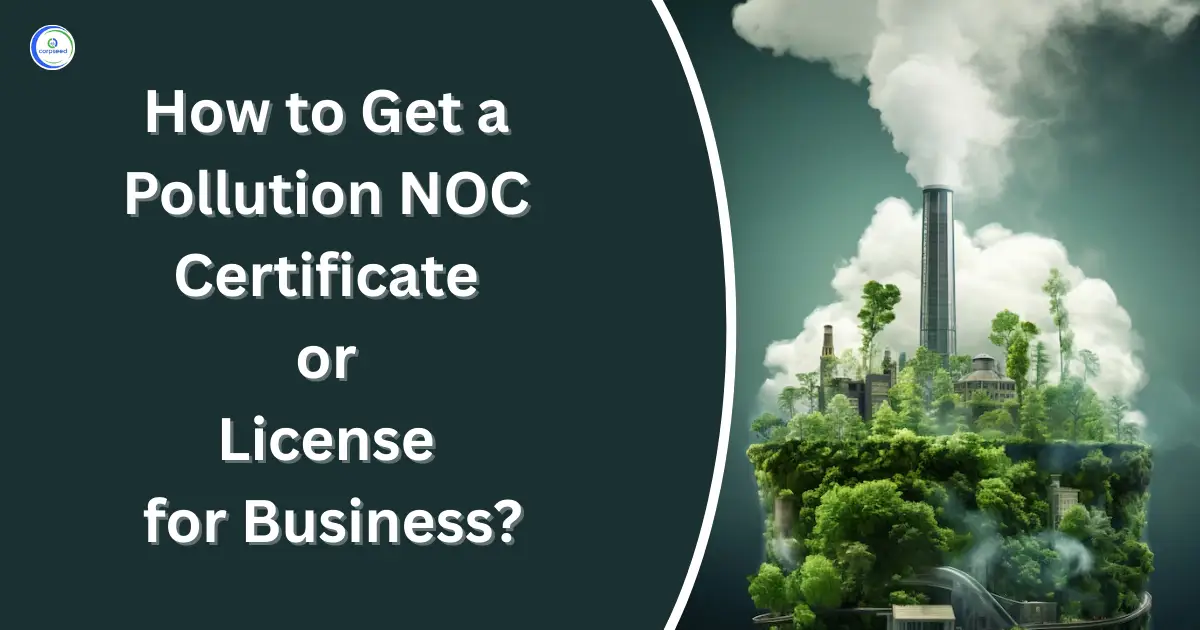Introduction
Plastic is manufactured to stand the test of time, but unfortunately, most plastic objects are used only once. Eight million tons of plastic waste was poured into our oceans worldwide. They put our precious marine animals at risk once they reach the ocean. But we should step away from single-use plastics and ensure that our plastic waste doesn't end up in landfills and nature. Several different types of items are manufactured from recycled plastic. The type of product manufactured from recycled plastic depends on the form of plastic resin being used. There are various types of plastic resin used for producing different items. HDPE, or high-density polyethylene, for example, is very durable and is used to make rigid plastic containers such as milk jugs, video, piping and drinks.
Various Products Made From Recycled Plastics are:
- Sustainable Clothes - These can be produced by fibres made of recycled plastic bottles. Sustainable sportswear by Team Timbuktu.
- Shopping Bag - Bags made from recycled plastics are durable as well as sustainable. Eg. Bags by Ahimsa Collective
- Film and Sheeting - In addition to high-density polyethene, low-density polyethene is also very common in recycled plastic products. Recycled low- polyethene makes its way into film and sheet goods as well as shipping
- Packaging material - Recycled polystyrene is used in the manufacture of cartons for packaging as well as other products which protect goods during shipment. Styrofoam is also a polystyrene material with buffered air bubbles. This recycled plastic, in addition to the packaging materials, makes excellent thermal insulation and is used in several different products.
- Rubber Planter- These planters are made from tyres. Eg. Upcycles Studio
- Recycled Mats
- Shoes - Made from sustainable wool, recycled plastic bottles and cardboard. Eg. Allbirds
- Yoga Mats - Suga
- Eco-Friendly Jenga - Made from Fishing net
- Eco-Friendly Blankets - Made of 70% recycled wool of merino sheep dn 30% blend of alpaca, mohair and polyester.
- Shampoo Bottles - Material bottles for detergent, shampoo, and household cleaners often come from a recycled plastic called high-density polyethylene. Manufacturers sometimes leave the plastic in its normal, transparent state, providing a milky white color or often adding vivid pigments to differentiate bottles from the competition.
Plastic is a recyclable material but the bulk of it is not recycled. Since plastic water bottles have become a convenient and fairly inexpensive way to get drinking water on hand, they get added to the landfills just as heartily. According to figures released by the Federation of Indian Chambers of Commerce and Industry (FICCI) in 2017, India's per capita intake is 11 kilograms (24 pounds) compared to the United States, where it is the highest in the world at 109 kilos.
The average for the world is about 28 kilograms, the data said. The Government expects consumption to grow to 20 kilograms by 2022.
Around 38 billion water bottles are thrown away each year, and only around 20 percent are recycled. Such a system-level approach is possibly the only way we can address the plastics contamination problem and ensure its continued use to fuel life-changing creativity worldwide.
Initiatives by PRO
A PRO is a company that ensures that all plastic producers, importers and brand owners (PIBO) meet the Extended Producer Responsibility (EPR) targets. On behalf of PIBO the PROs collect and process the waste
GEM Enviro Management Pvt Ltd - It was founded by Dinesh Parikh and Sachin Sharma and is one of the few Producer Responsibility Organisations (PRO) registered with the Central Pollution Control Board (CPCB).
Waste Venture - It is a Hyderabad working PRO, providing PRO solutions for a leading FMCG. The collection chain is operated by mobile app and demand-based on-call collection from residential and business establishments. About 30,000 informal waste collectors affiliated with PRO further endorse this. Waste Ventures built a database of these waste pickers, including social identification, services and training on secure and hygienic methods of waste handling. This meant that these informal waste collectors supplied higher raw material at lower levels compared with an aggregator
Saahas Zero Waste - SZW has a robust collection model involving scrap dealers and the informal waste collector sector that ensures significant volumes of tetra-packages are collected.
This portion of the site is for informational purposes only. The content is not legal advice. The statements and opinions are the expression of author, not corpseed, and have not been evaluated by corpseed for accuracy, completeness, or changes in the law.
BOOK A FREE CONSULTATION
Get help from an experienced legal adviser. Schedule your consultation at a time that works for you and it's absolutely FREE.


_for_Assessment_&_Characterization_of_Plastic_Waste_Corpseed.webp)






